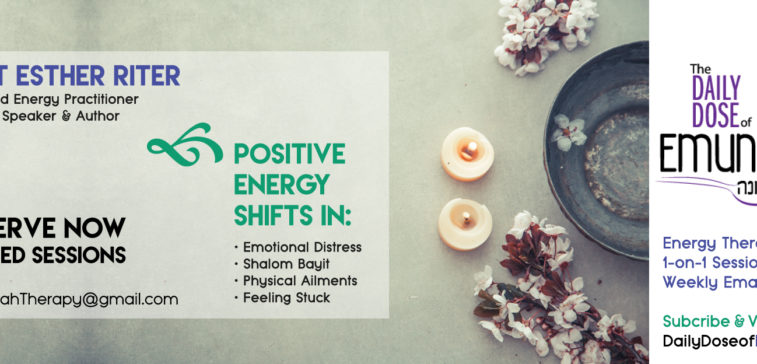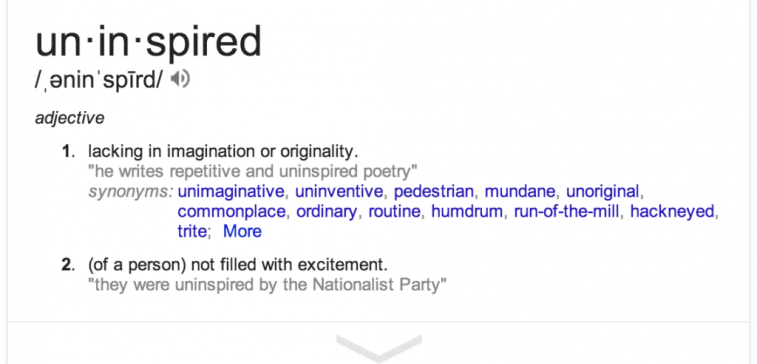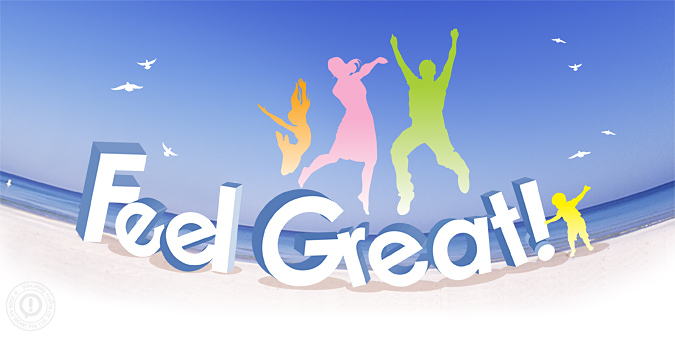BS’D
One day the old water carrier passed by the study hall with his pails. Rabbi Israel Baal Shem Tov ztk’l (“Master of the Good Name”) often stood outside the front door and talked with his disciples. Whenever he saw the water carrier, he interrupted their conversation and would ask him, “Berel, my good man, how are you doing today?” The water carrier would usually offer a polite response, “Baruch Hashem, thank G‑d!” and continue on his way.
But one day the water carrier had a look of melancholy in his face. “Rebbe, it’s nice of you to ask a poor man, but how should I feel? Not good! No! Day in and day out I carry these heavy pails. My back hurts, I am getting older, you know . . . My boots are in tatters, but I have no money for new ones. My family is large. The burden is too much. My children need food, shoes and clothes, and . . . ach, it’s too much to even begin talking about . . . And those new houses at the end of the town want more and more water, and they are built up on the slope of the hill, and the water is so heavy, and I am so tired, so very tired . . .” And with a sigh he picked up his pails and walked away dragging his feet, with a twisted back and bent shoulders. He did not look back. The Baal Shem Tov said nothing.
A few days later the Baal Shem Tov again stood in front of the synagogue with his students when the water carrier passed by. “Berel, good to see you, how are you today?” The water carrier stood still. He beamed. “Baruch Hashem, Rebbe, I am doing fine. I have work, so I earn money to feed my family. I am blessed, because I have a large family, so many sweet children … I am happy that I can buy them food to eat and pay their teachers. And those new houses they recently built at the hill need a lot of water, that’s extra income for me. Baruch Hashem! Thank you for asking a simple man how he is doing. Baruch Hashem, G‑d is good to me!”
The Baal Shem Tov smiled and blessed him with some encouraging words. The water carrier lifted his heavy buckets and went joyfully on his way, and the water in his pails reflected the light of the sun.
The Baal Shem Tov’s disciples were puzzled. Why was the old water carrier so much happier all of a sudden, with his same pair of tattered boots and his same old pails of water?
The Master of the Good Name looked at his disciples and knew what they were thinking. “Did you hear what Berel just said?” he asked them. “He said Baruch Hashem, thank G‑d, because he knows that all blessings and everything else comes from G‑d. A few days ago he did not seem to remember that, he did not thank G‑d for his lot, so he was depressed. Even when things are difficult, there is always so much to be thankful for, so you praise and thank G‑d. You acknowledge that all you receive is from G‑d, and you feel better. Berel’s pails are as heavy today as they were a few days ago, and he is still poor, but his perspective has changed. Now he sees what is important and what is not, and he is very aware of the One who provides him with everything he has. As a result, he is happy and content.”














